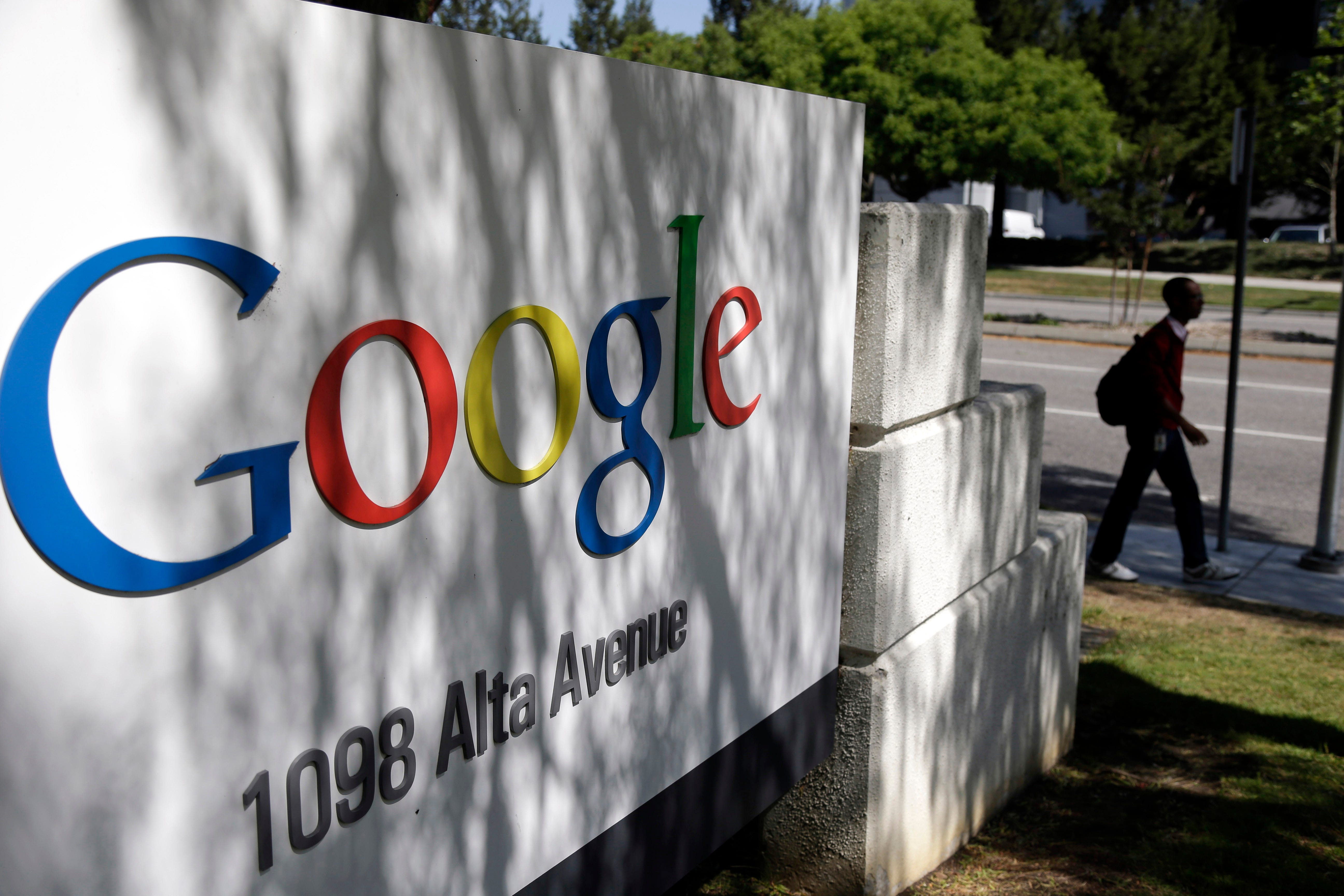
USA TODAY
Disclaimer: USA Today has partnered with AllSides and other bridging organizations, such as America Talks, to promote and support conversation events in which people on the left and right come together to bridge divides. This is work AllSides applauds and is a part of. This media bias rating page serves purely as an analysis of the bias of USA Today's news reporting; AllSides' bias analysis is independent, and partnerships with USA Today did not impact news bias analysis.
USA Today has published articles about AllSides' work, including:
USA Today has also published op-eds written by AllSides staff, including:
- Here's how technology can help reduce political polarization (Jan. 2020, CEO John Gable and Head Editor Henry A. Brechter)
- Political incivility is at crisis point in America. Here's how we can fix it (Nov. 2020, Brechter and COO Stephanie Bond).
- What Bruce Springsteen's Super Bowl ad gets right about reuniting Americans in 'the middle (Feb. 2021, Brechter)
The Supreme Court on Thursday dodged a thorny debate over whether Big Tech companies such as Google can be sued for their recommendations in a case some experts warned could fundamentally change the way the internet works.
At issue in Gonzalez v. Google was a controversial law known as Section 230, which has been widely interpreted as shielding websites from lawsuits for user-generated content. The question for the court was whether recommendations – such as a suggestion for the next video to watch on YouTube – are covered under that law. By leaving Section 230 in place, the court handed the social media firms a major win.
The bottom line was that the decisions will likely make it harder for Americans to sue tech companies for abetting in terrorism but the high court left for another day the broader questions about Section 230.











